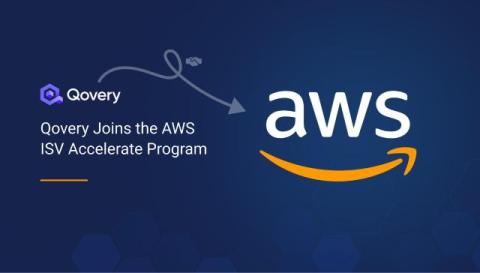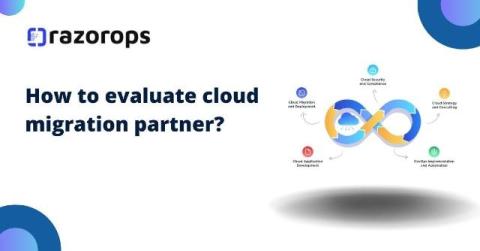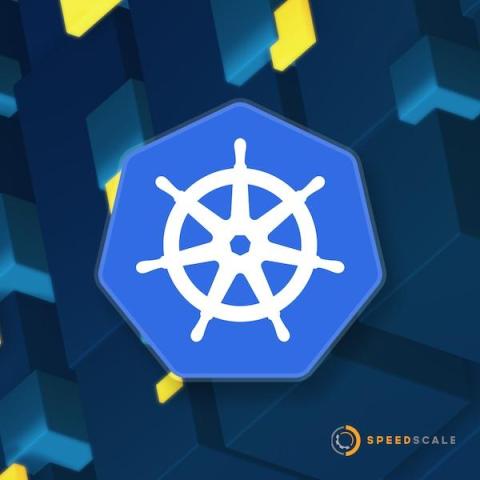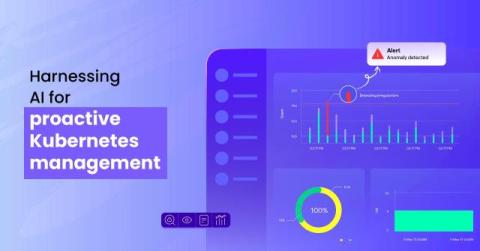Mired in PCF Complexity? Transition to Kubernetes With Komodor
In the wake of Broadcom’s acquisition of VMware, the world of virtualization is in flux. Customers, especially those reliant on VMware’s Pivotal Cloud Foundry (PCF), are feeling uncertain about the future. This blog post is designed to guide customers through the specific hurdles they now face due to the acquisition, explore Kubernetes (K8s) as an alternative to PCF, and discuss how Komodor can help with a K8s migration.











